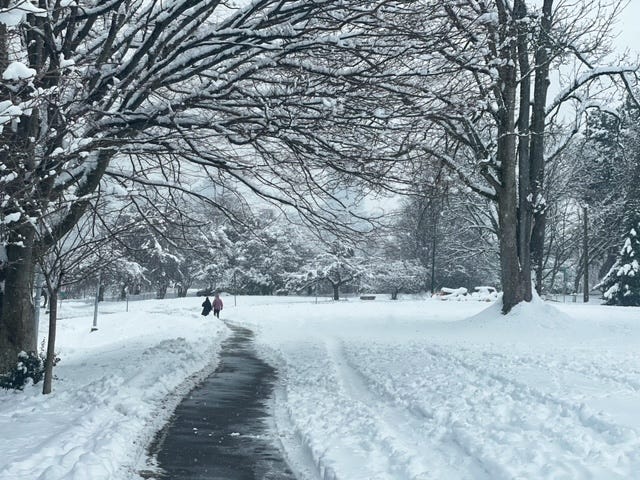While we were living in Europe, we realized that the idea of home was changing. We were going farther from the notion of a home as object or a sense of fixedness rather than closer to it. Since we returned to Canada, we’ve arrived in a kind of wander in place, une promenade sur place.
We now stay in two small, light-f…
Keep reading with a 7-day free trial
Subscribe to Wanderland to keep reading this post and get 7 days of free access to the full post archives.




